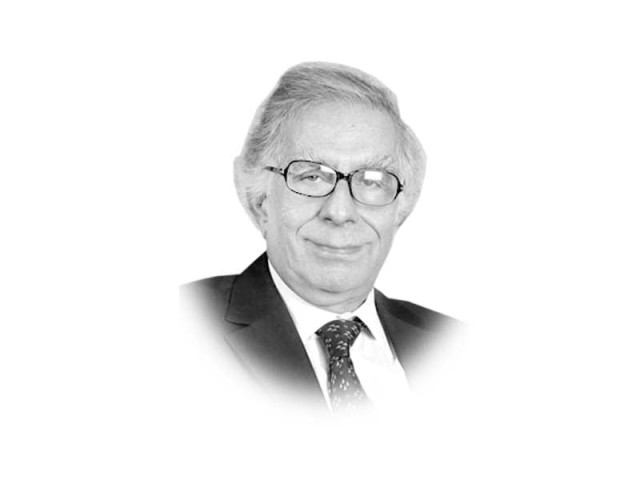Lures of the parliamentary system
Our political parties, leaders commit to parliamentary system, but willingly submit to authority of individual.

In a parliamentary government, the president symbolises the sovereignty of the state but the authority vests in the prime minister and his cabinet; parliament enacts the laws that are uniformly enforced by neutral civil servants; the disputes arising are adjudicated by independent judges; and the grass-root services are provided by a tier of elected councils. The legislators have no role in the enforcement of the laws, just as the civil servants and judges have none in making them. Only the Supreme Court can strike down a law if it is found to negate the Constitution or discriminates against a class of citizens.
The politics that originates at the polls must remain confined to the assemblies. The constitutional head of the state and the governors of the provinces may counsel, even admonish, the government but must not get involved in political squabbles. The civil servants and judges are expected, in all situations, not to show their political preferences, if they have any, and, ideally, should be averse to politics.
These principles are well set out in the Constitution and understood by its practitioners but the departures, even violations, are being blithely ignored. The president, not to speak of being above party politics, leads the ruling party and is the fountainhead of all executive authority. Not the people of Pakistan alone, even the world sees him and deals with him in that light. Further, the governor of Sindh effectively shares the executive authority with the chief minister. In Punjab, on the other hand, the governor cuts a pathetic figure and, on occasions, is openly slighted by the chief minister. It would be hard to believe for any outside observer that both provinces are being administered under the same Constitution.
If Pakistan is to be governed on the lines envisaged in the Constitution, President Asif Ali Zardari and PM Raja Pervaiz Ashraf shall have to swap positions. But that looks unlikely and so it would be even after the polls if the PPP were to win. Denied their role at the policy level, the ministers and legislators dabble in day-to-day affairs in the absence of the local councils. It is the politicians who would rather deal with the unprotected, and increasingly subservient, career officials than with the elected councilors. That explains the long absence of local councils from the national scene.
The growth of the local government, contrary to the standard accusation, is hampered not by the bureaucracy but by the legislators, ministers and party bosses. Under the universally recognised tenets of the parliamentary system, the elected councilors and career officials working together in the towns and villages can create conditions conducive to public peace and welfare. Both will have a common interest in resisting interference by the party bosses, ministers or bureaucrats. It should never be like Mustafa Kamal reporting directly to London. In the structure of power and responsibility, as it stands today, it is hard to determine whom to hold accountable for the rising crime or failing economy. In a parliamentary system, without a doubt, it is prime minister, chief minister and mayor — each in his own sphere.
Presently, possessing no power but left to shoulder the blame are powerless officials, the garrulous TV anchors and even the people themselves. Interventions by courts are further confusing the fact as to where the power and accountability lie. This situation is unlikely to change even after the impending elections. The people will be contending, if not with President Zardari, then with Nawaz Sharif or Imran Khan or, not to forget, Altaf Hussain. Finally, just to amuse yourself, recall and compare the position and powers of Chaudhry Fazal Elahi, Asif Ali Zardari and Rafiq Tarar as presidents under the same Constitution.
The irony is that our political parties and leaders show commitment to the parliamentary system (in which power is dispersed over institutions) but willingly submit to the absolute authority of an individual — be he president or prime minister or martial law administrator — and yet, they wouldn’t hear of changing over to a presidential form of government. It is quite understandable. In a corrupt environment, everyone, including officials, flourish at the cost of the common man in a parliamentary government, through bargaining or blackmail.
Published in The Express Tribune, September 14th, 2012.














COMMENTS
Comments are moderated and generally will be posted if they are on-topic and not abusive.
For more information, please see our Comments FAQ